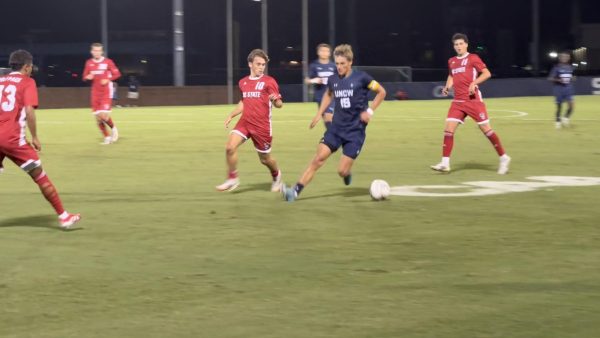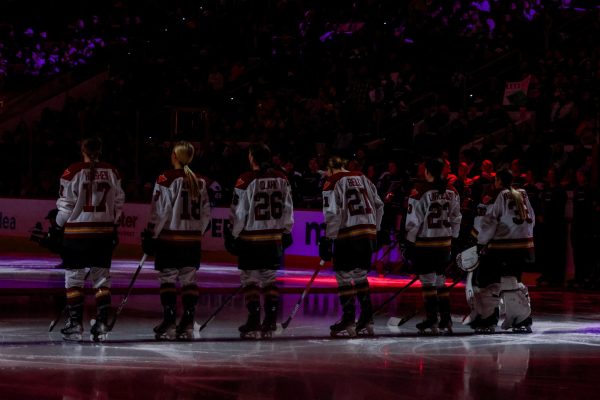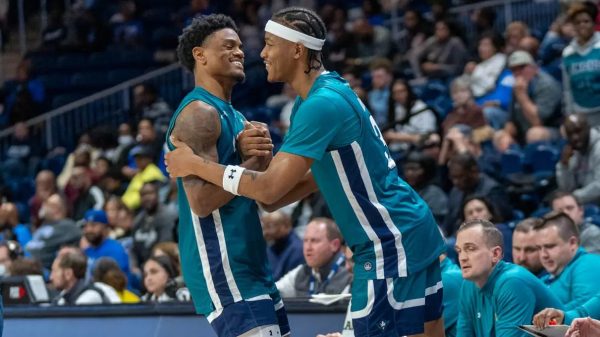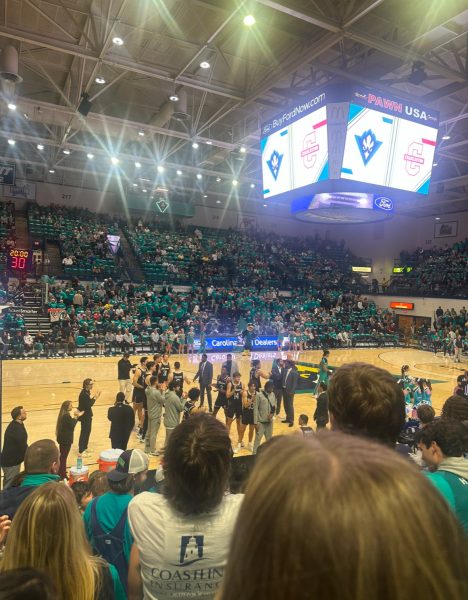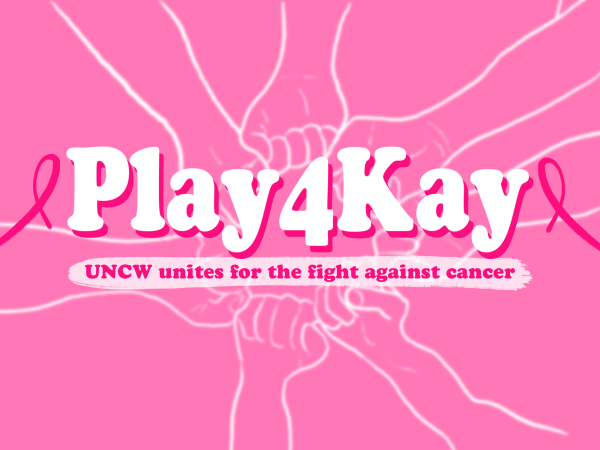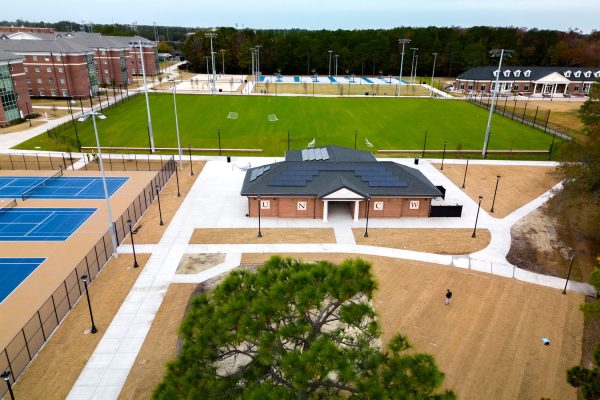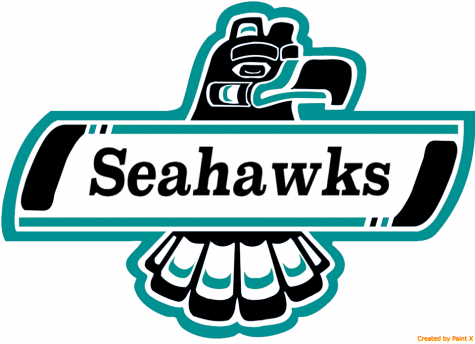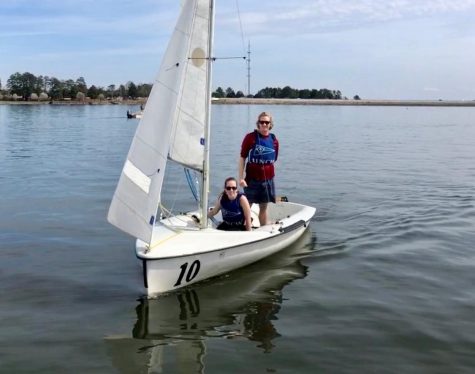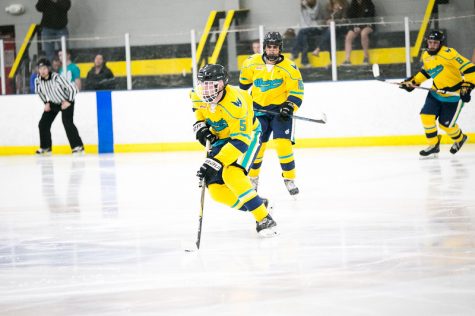UNCW ultimate advancing to regionals
The Ultimate Frisbee team at UNCW is headed to regionals. The team is currently the defending regional champions and enters this year’s tournament as the No. 1 seed.
The Seamen, the A team of the Ultimate Frisbee organization, competed in sectionals two weeks ago at UNC where the team earned their first conference title since 2011 by beating the host UNC in the final. UNCW defeated Appalachian State and UNC six to zero in both matches.
While the Seamen were away, the club also had a successful tournament here at Wilmington where The Killa Bees, the B team of the Ultimate Frisbee organization, took on teams such as Elon, Clemson, and UNC- Chapel Hill. The team also developed a new quote from the weekend, “catch your D’s” translating to catch any defender’s pass.
Both teams are having a successful year on their way to advancing to regionals. Regionals for the Seamen will take place in Axton, VA while the B team will be heading to James Madison University in Harrisonburg, VA to take on colleges all across the coast. This tournament encompasses schools such as UNC-Chapel Hill who serve as the number two seed, Maryland sits as a number three, while NC State will settle in at the number four seed. In addition, sixteen additional schools all up and down the east coast will participate.
President of the Ultimate Frisbee club, Austin McGrayne exclaims that “the team is actually experiencing one of the best seasons in program history” in regards to the club’s progress throughout the year.
The team is currently ranked second in the nation just behind the University of Pittsburgh, who they only lost to by one point, with the final score being seventeen to sixteen. The team has additionally won four out of six tournaments this year and their current record is 37-4 for the entire season.
Both UNCW teams have progressed together this year. The two teams practice together and play as one in the fall season only to be separated in the spring.
This system works to give all players an equal amount of playing time and gives the team a constant flow of talent, promoting growth and development in the player’s skills as they are able to learn the sport and transfer onto the next team as players graduate. As most universities have a secondary team, all players get a chance to compete at a competitive level.



